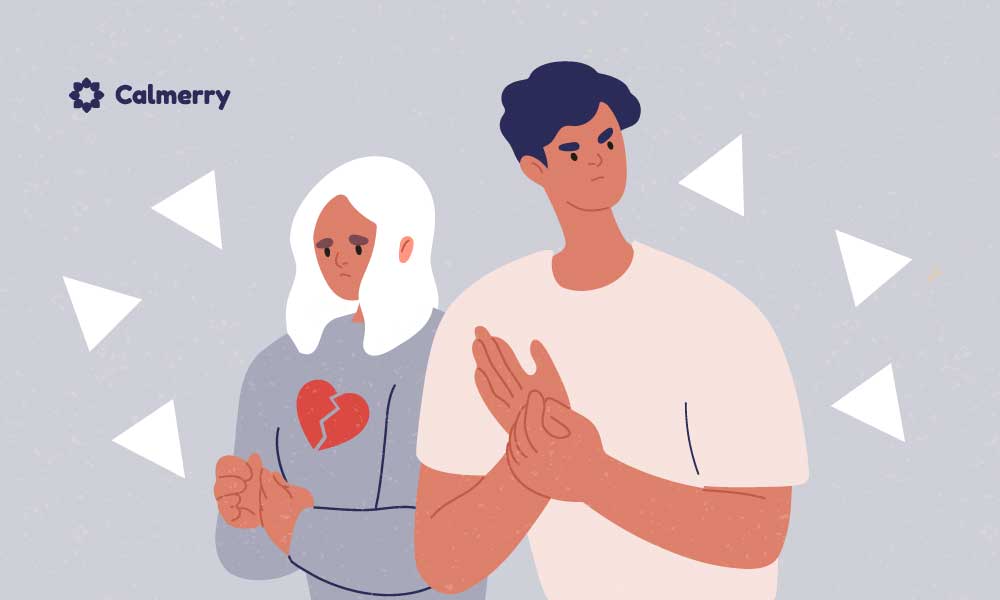The Power of Apology: Why and How to Apologize to Someone You Hurt Unintentionally

In this article
Sometimes, it can be hard to say “I’m sorry.” Sometimes, these might be the only words you’d like to hear from someone you know. And sometimes, a single apology may save a relationship… or not make any difference at all.
Apologies are a difficult subject for many of us. Whenever we have to apologize, this probably means that we’ve done something wrong, so apologizing has a lot to do with such feelings as guilt and shame, as well as self-awareness.
Another thing that makes apologies so complicated is whether they may be sincere or not. Quite often, people apologize for something but don’t really mean it or think that just saying “sorry” will be enough to fix the problem.
In this article, we will consider apologies in more detail, think of how you can benefit from them, and how to make sure that your apologies are meaningful and sincere.
Why people apologize
Why do people apologize, in the first place? Well, sometimes, they do it just because they have to — for instance, when someone realizes that they need to apologize in order to get what they want. Similarly, children may apologize for their wrongdoings just because of their parents’ pressure.
However, a person may also feel a genuine need to apologize to those they’ve hurt, so where does this need come from? Well, sometimes, people need to apologize to overcome the feeling of guilt.
Just like shame, pride, or embarrassment, guilt is a self-conscious feeling that has a lot to do with self-reflection. While being aimed at one’s self, guilt is also socially-focused, encouraging people to improve their relationships and take responsibility for their decisions and actions.
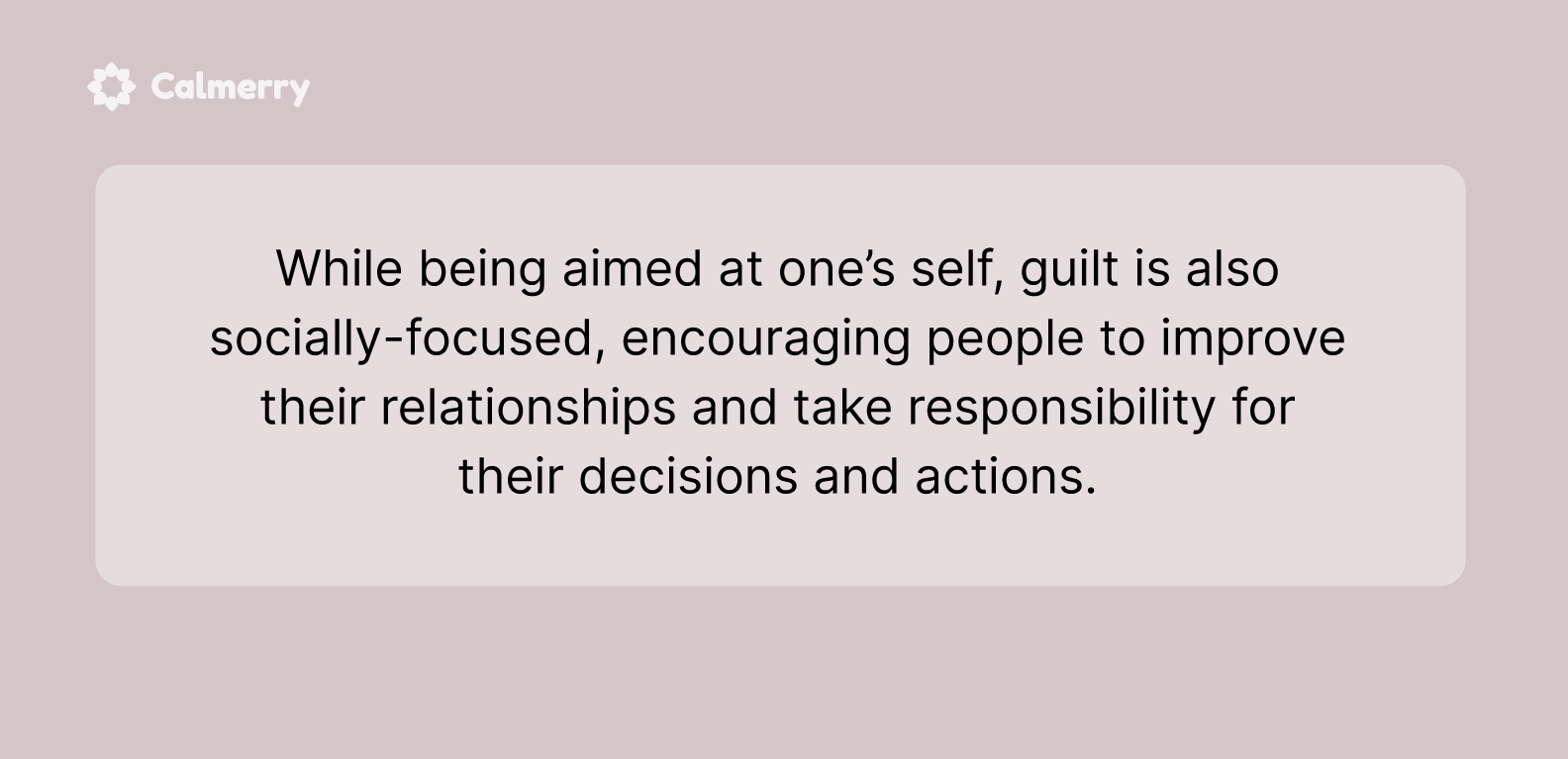
One may also feel the need to apologize after hurting someone else or doing something rude unintentionally. In this case, apologizing allows you to let others know that they can feel safe around you because you didn’t want to hurt or offend anyone, and you know that certain behavior is inappropriate.
Although guilt can help with personal growth, it’s important to recognize unhealthy guilt. While it’s natural to feel guilty if you hurt someone, some people may also feel guilty for no reason at all.
For instance, guilt may stem from anxiety or depression. If you don’t know why you’re feeling guilty, a licensed therapist can help you figure out the causes of this feeling and learn to forgive yourself.
Benefits of apologizing
People need to know how to apologize to someone because it helps them not only solve relationship problems but also feel better about themselves, getting rid of feelings of guilt and shame.
There are also a few other, perhaps less obvious, benefits of apologizing. Let’s take a look at them.
Respecting someone else’s dignity
First of all, apologies allow you to pay respect to a person’s dignity. If you hurt someone, you can tell them that you know that it was your fault and that your actions caused them pain. You can help them save their face by clearly indicating that the problem isn’t about them.
Reassurance
By saying sorry to someone you hurt, you can also express your commitment to social rules that you’ve broken.
No matter whether you’ve broken official laws or unwritten rules of friendship, apologies allow you to show that you regret your actions and express your readiness to stick to these rules in the future. This way, other people can feel safer around you, knowing that you realize that your behavior wasn’t OK.
Self-improvement
Perhaps, one of the most important things about apologies is that they let others know that you understand what you did and you’re not proud of that.
You can express your unwillingness to repeat your mistakes and show that you care about other people. Acknowledging your flaws also enables you to see what you can change to become a better person.
Repairing relationships
If you’ve done something that has damaged your relationship with another person, apologizing gives you an opportunity to talk, address everyone’s worries, and move on.
Sometimes, you may need to figure out what to say instead of “sorry,” and you may also complement your words with actions to prove that your apology is sincere.
Dealing with stress
Another interesting thing about apologies is that they can help us cope with stress. By apologizing, you can reduce the negative effects of your actions, moving from stress-inducing conflict to understanding, empathy, and respect.
How to meaningfully apologize to someone you hurt unintentionally
First of all, let’s make it clear that we’re only going to talk about sincere apologies. If you don’t actually regret your actions or apologize just because you expect to gain something, there’s no way to turn that “sorry” into anything more meaningful than just a word.
Even sincere apologies, however, may not sound convincing enough. Saying sorry to someone you hurt can be difficult. You have to face your weaknesses and vulnerabilities, and it can be hard to find the right words in such a stressful situation.
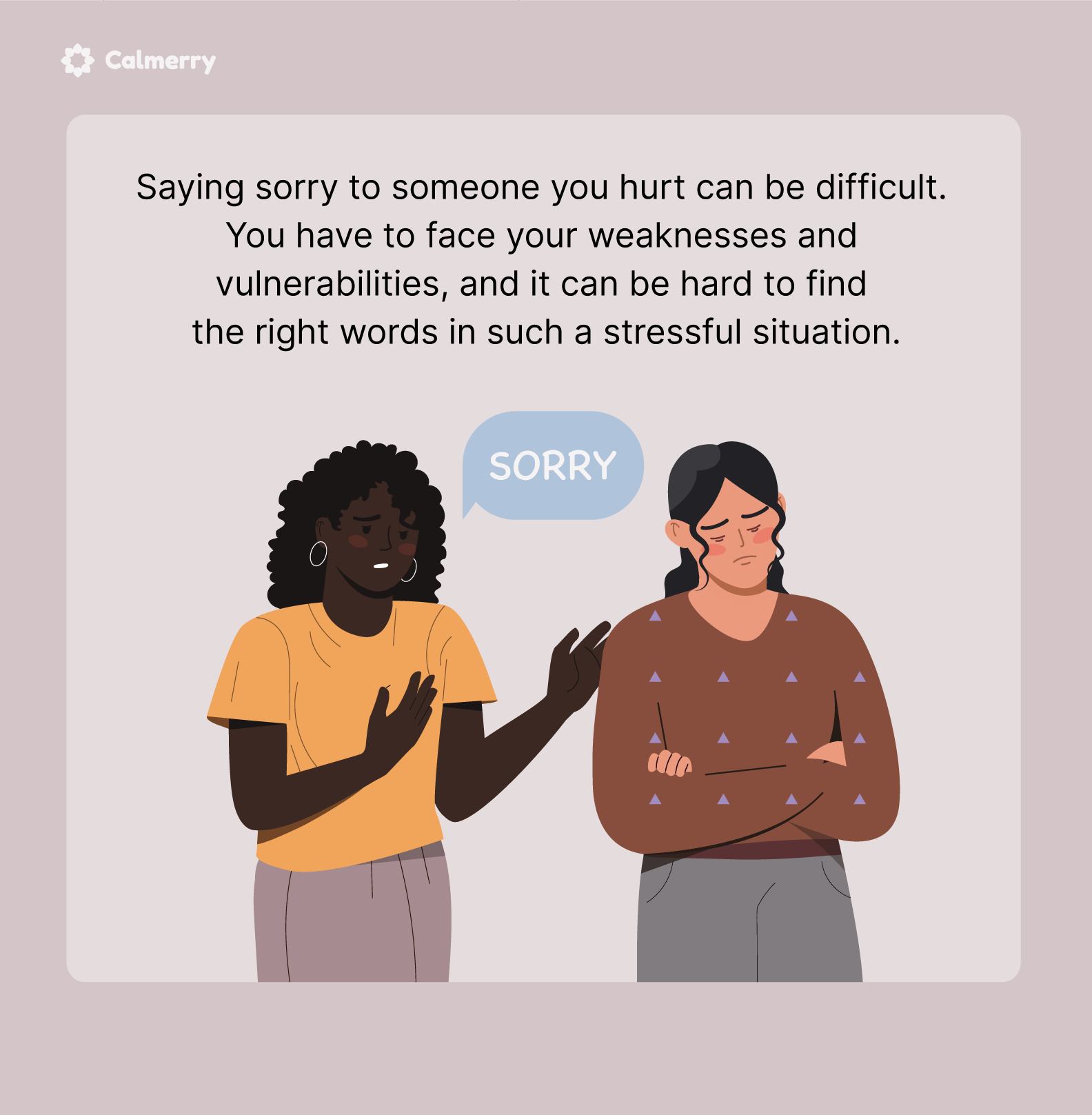
Here are some tips that might help you come up with a meaningful apology and show that you’re willing to make up for your past mistakes.
Take responsibility for the consequences of your actions
First of all, you should make it clear that the damage caused by your actions is only your fault. When facing unfairness, people may blame themselves sometimes, especially if the situation affected their self-esteem.
Therefore, it’s important not to leave any room for victim blaming. Saying something like “I’m sorry, but you made me do that/you got me angry” is a bad idea because this way, you will only avoid responsibility for your actions and put it on the very person you hurt.
Help restore the other person’s self-respect
When offended, people may feel a whole range of negative emotions. For example, they may feel humiliated, dismissed, or powerless. When we offend someone, their sense of dignity and self-respect take the most damage.
So, you should also help them restore their self-respect when apologizing. The simplest way to do something in this direction is to acknowledge that your behavior was undignified and unacceptable.
Think of repairing the damage
It’s hard to imagine a meaningful, sincere apology without any attempts to repair the harm caused by your actions. In some situations, repairing the physical damage might be impossible, but you should still do your best to make emotional reparation.
Accept the consequences of your actions
When people break the law, they have to deal with the legal consequences of their actions. When breaking the unwritten laws of personal relationships, there might also be some long-term consequences of your wrongdoings.
For instance, the other person may not accept your apologies. Sometimes, saying “sorry” or even repairing the damage may not be enough for people to forget everything and move on, especially if the negative experience was particularly traumatizing.
Don’t demand forgiveness, and don’t blame others for not forgiving you. Just accept it as a result of your mistake and learn from this experience so that you won’t repeat the same mistake in the future.
Why it can be so hard to apologize
Although apologies can help us improve relationships and boost personal growth, it can be very hard to say “I’m sorry.” Moreover, there’s not much scientific research that would help us understand why apologizing can be so difficult.
People avoid apologies for different reasons. Some may believe that their mistake wasn’t that big of a deal, some might blame the victim, and some may present countless excuses to avoid any responsibility.
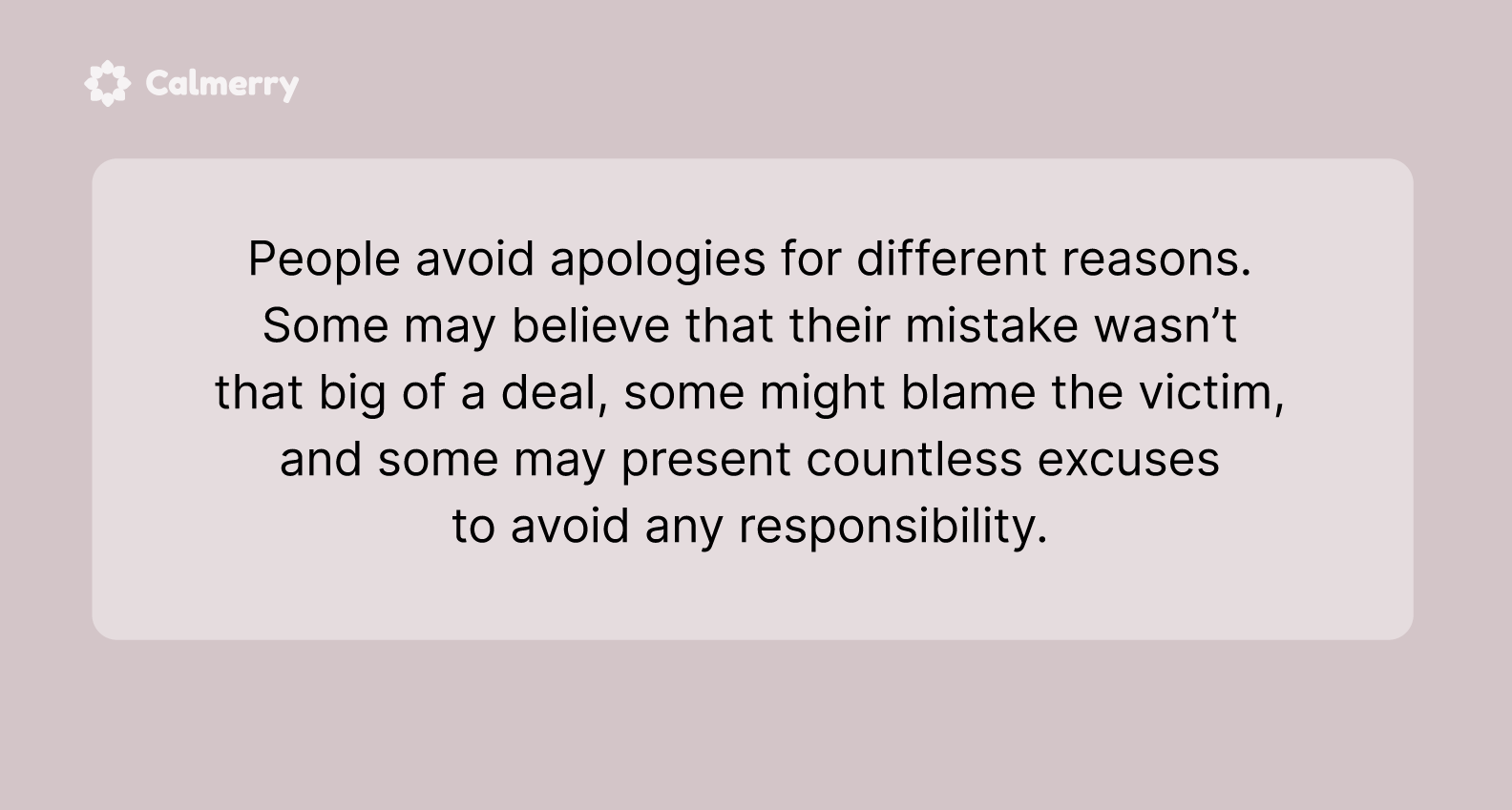
Obviously, it can be difficult to say you’re sorry if you just don’t care. For instance, you may have said something that offended someone, but you don’t think that you’ve said anything bad. In this case, try to imagine yourself in a similar situation. You would like to hear apologies, regardless of whether or not the person who offended you fully understands their fault. It’s all about mutual respect and empathy.
Some people are narcissistic and just don’t recognize their flaws. Narcissistic people have a strong sense of superiority and usually lack empathy. Narcissistic personality disorder can create many problems for the person with this disorder and those who interact with them. Fortunately, talk therapy can help treat this disorder.
Some people also simply lack empathy and find it difficult to consider the situation from the other person’s viewpoint. To improve empathy, try to step out of your comfort zone and talk to other people more often. You may also get involved in various charity projects.
There is also another important factor that might stop people from apologizing – and it’s a fragile self-image. Given that apologizing requires us to acknowledge our wrongdoings and negative traits, it can hurt our self-image and self-esteem. In fact, research data shows that people who fail to apologize often experience an increase in self-esteem.
Harnessing the power of apology
The fear of apologies can be fueled by the fact that recognizing our failures may damage our self-image. A sincere apology may require us to admit that we betrayed some of our core values, such as honesty, loyalty, and kindness. However, making a mistake doesn’t mean betraying yourself.
You can overcome the fear of apologizing if you stop thinking of your failures as something that characterizes your values, beliefs, and yourself as a person.
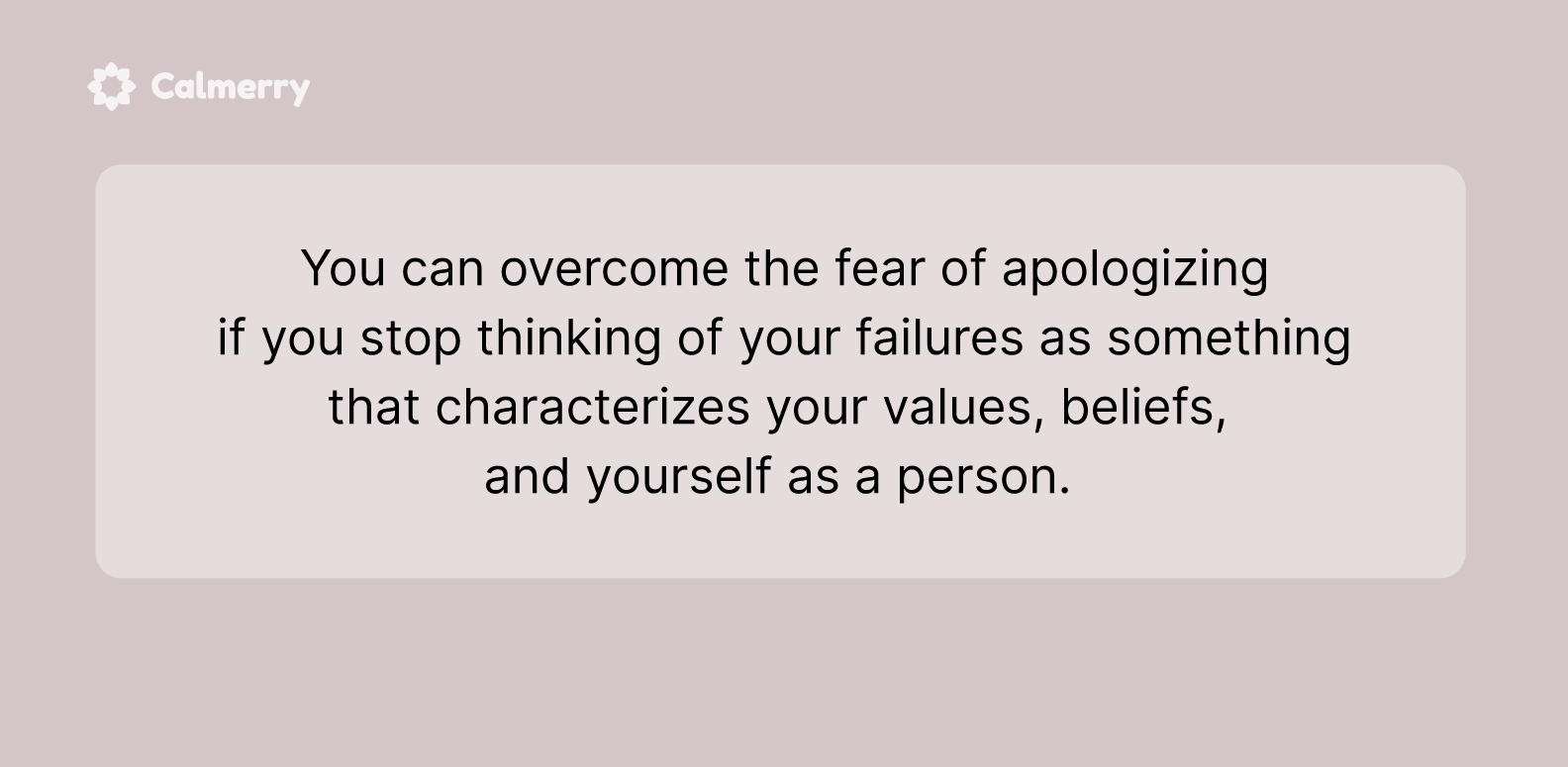
A study that required participants to write why their personal values are important to them, showed interesting results. Those who reaffirmed their commitment to their values found it easier to come up with a meaningful apology than those who didn’t do this exercise.
No matter what makes it difficult for you to say you’re sorry, you can overcome these obstacles by working on your empathy, emotional intelligence, and self-image. The good news is that you don’t need to embark on this path all alone by yourself.
Don’t hesitate to speak to a therapist online. A licensed mental health professional can help you figure out the reasons behind your emotional issues and suggest effective practices that will help you achieve your personal goals.
online therapy
live video session

